The newspapers reach toward the ceiling. Forming trees of yesterdays news today. They sway to-and-fro as pine trees in the breeze, a genetic memory. The windows are papered over yellow. The sunlight filtered and made artificial, for it is day outside. Inside time stands still. We are a people of the dark. You know how it is. The trees rustle. We like to be alone. Together. There is the tickling of keys.
Piano keys.

A man is playing with the edge of expertise, sitting at a piano which forms the trunk of a mighty tree. His name is Langley Collyer.
“We were afraid,” says Langley…
“Not afraid. Aware!” says a crumpled lump to his right. His head at his knees. “Eyes opened!” His eyes were filmed over. Blue cloudy azure. He is blind.
“My brother, Homer,” says Langley. “A lawyer.”
“A lawyer of the Admiralty. The laws of the sea,” says Homer. “Are different than the laws of the jungle. On the open seas the captain is omnipotent. His omnipotence makes up for his lack of omniscience. But on the land, in the open, surrounded by the beasts, and man is a beast, you don’t know where you stand. My brother is an engineer, a chemist, and a concert pianist. And this is our safe place.”
“Father said we were overeducated,” says Langley. “Do you wonder what Fate places us here? I have studied mythology. My brother and I both served for years as teachers of Sunday school.”
“Oh, yes,” says Homer.
“But we don’t do it any longer.”
“Oh, no.”
“We prefer not to, now.”
“Oh, yes.”
“Too much bother.”
“Oh, dear, yes. Tell it, brother.”
“We prefer to stay here.”
“Yes.”
“Where we are safe.”
“Indeed!” says Homer. “Home.”
“Home,” says Langley, a tear running slowly down his face. “Where one can be oneself. To not be overpowered by otherness.”
“Because out there,” says Homer, “It is not safe. I never go out.”
“Oh, dear, no,” says Langley. “I go out. At night. I dress in rags. Otherwise I would surely be attacked. For who I am. For what I have. Peace of mind. Robbed. This neighborhood has changed complexion around us.”
“Darkness,” says Homer. “I’ve not left this place since 1933. And what is it now?”
“1947,” says Langley. “February.”
“Won’t you be our Valentine?” says Homer.
Really. You are speechless.
“You could at least thank us,” says Langley.
“For thinking of you,” says Homer. “Are you having a lovely holiday?”
“My brother is a master of rhetorical quests,” says Langley.
“A necessity when one so rarely has houseguests,” says Homer. “Over.”
“As we prefer not to,” says Langley. “I go out at night and I scavenge. Things. Valuables. Food from dumpsters. Anything. Everything. Did you know the great man Sigmund Freud said you judge a society by the separation of itself from the garbage dump? If you want to judge a people you must look at their trash.”
“It’s where it is,” says Homer. “I used to walk sixteen miles every week day to go to work at my law office. A nickel to ride the subway? A waste. Not that I don’t have a nickel. But why part with a nickel?”
“Perfectly good things in the dumpster,” says Langley. “If you are willing to cut around the rot.”
“As we are,” says Homer. “One day I came to the office and the head of the firm looked at my worn-out shoes. And he said, ‘My dear man! Presentation is important in our profession.’ He immediately offered me a raise. On the spot. What could I do? I refused. The nerve. To suggest I cannot pay my own way. That I am not self-sufficient by my own means. I walked out. Right out. Never to return. Not even to get my last paycheck. That man was obsessed with fancy dress.”
“Disgusting,” says Langley. “Thoreau warned us of this.”
“And then I went blind. Strokes, you see. Father was a doctor. We have all the books. And some abnormal specimens in formaldehyde,” says Homer.
“And see a doctor? We have the books. And the doctors can’t be trusted,” says Langley.
“Our father,” says Homer, “Was a doctor.”
“And he left us his books,” says Langley. “I will cure my brother with a diet of one-hundred oranges a week and black bread with peanut butter. I expect results any day now. I save newspapers which I scavenge. When he regains his sight he will want to catch up with the news. Fourteen years worth! Any day now. This long night will end. In the meantime, I play him the piano. I read to him from the classics.”
“The old stories,” says Homer. “Odysseus. Sisyphus. Narcissus and Echo. Invictus. I am bloody but unbowed. Br’er Rabbit. The ascension of Horus.”
“The unconquerable sun,” says Langley. “At night we listen to the crystal radio I built. Our link to the outside. The depression. The war. The peace, uneasy.”
“My brother is quite the engineer,” says Homer. “Built a radio. Build a vacuum to clean the insides of the piano. Turned an old Model-T Ford into a power generator.”
“Didn’t work,” says Langley.
“Still,” says Homer, “ingenious. I’d never seen the likes of it. They had shut off our power, of course.”
“Who needs it!” says Langley.
“The telephone.”
“Who are we going to call?” says Langley.
“The water.”
“Perfectly good water from public fountains,” says Langley. “Gratis.”
“My brother,” says Homer. “A man after my own heart.”
“They even tried to take this house,” says Langley, “for in addition to not paying the utilities, we stopped paying the mortgage. Busted in here. Tried to turn us out into the streets. I had to write a check to pay it off in full to get them out of here. So we could be left alone. To be.”
“In peace,” says Homer. “So we may rest.”
“Money is not our problem,” says Langley. “people are. They took the house next-door. The house I paid cash for because I saw someone try to look at us through a window. They also took the house we owned across the street. Back taxes, they say.”
“We have money,” says Homer. “And we know the value of a nickel. And why do we owe taxes? We have no income. Just money. And goods. We left the rest behind. Sailed away, free.”
“I have newspapers. Bicycles. Pianos. Goods. Goods are items of value traded for dollars. The dollars are just barter tokens meant for exchange of goods. And you can simply live, living simply on the things fools toss away,” says Langley.
“And what do you do with the parking tickets?” says Homer to his brother.
“I take them,” says Langley. “I take them from the windshields of any car I see them on. We have a room here filled with them.”
“I can’t imagine the bother my brother has saved all those people,” says Homer. “An altruist at heart.”
“Those fortunate people,” says Langley. “Why they don’t even know.”
“But this is all very tiring,” says Homer.
“Yes,” says Langley. “We prefer to be left alone. To be.”
“In the darkness,” says Homer.
“Go!” says Langley. “We have had enough of visitors. Though, rest assured, you have brightened our day.”
“Shoo!” says Homer.
––––––
In 1947, Langley was bringing Homer food when he accidentally set off a booby-trap crawling through a tunnel and was crushed. Homer would starve to death ten feet away, ten days later.


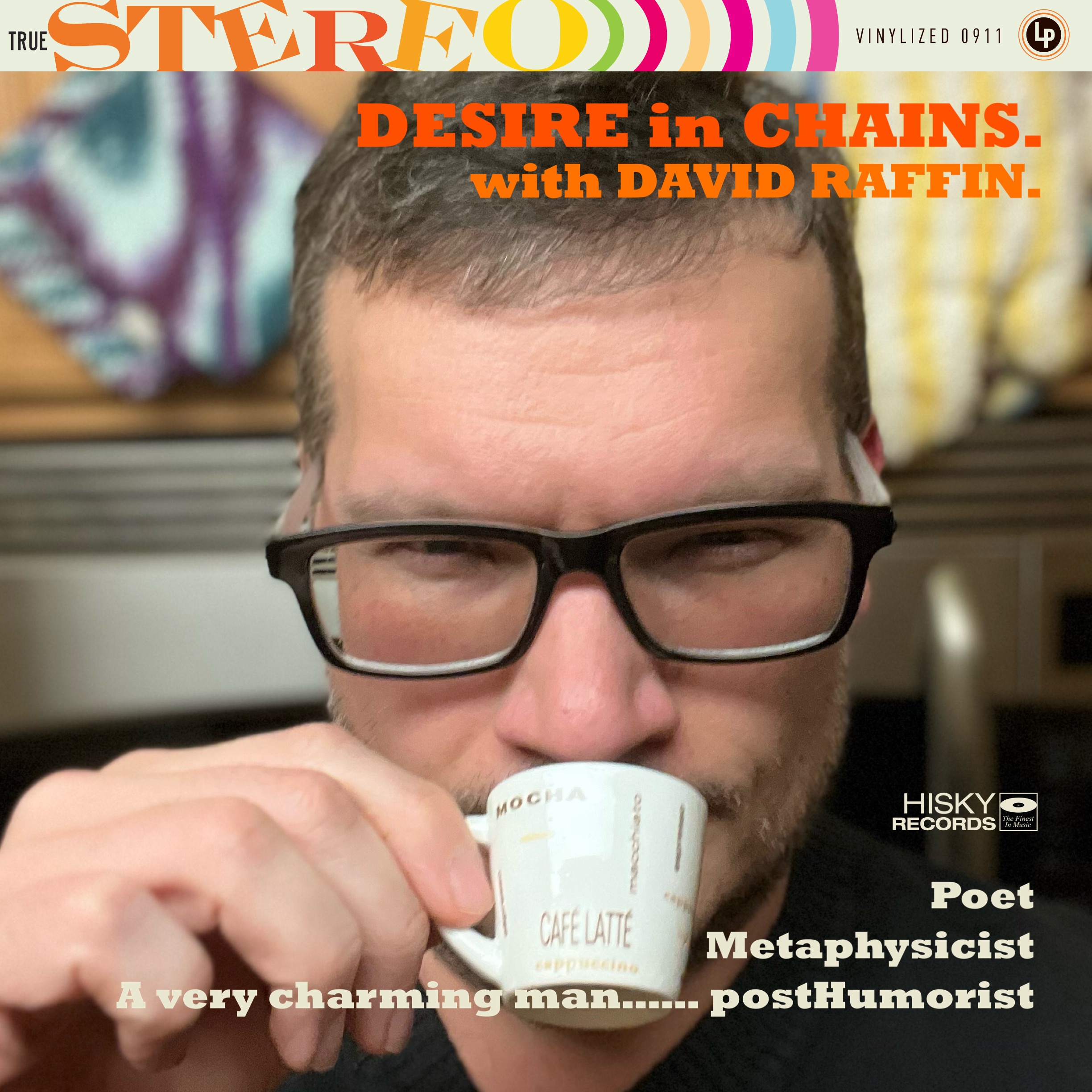



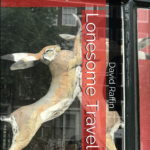
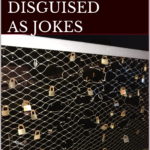





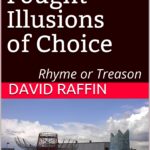
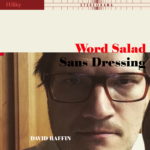
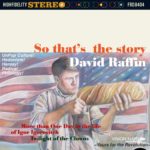

 RSS - Posts
RSS - Posts
